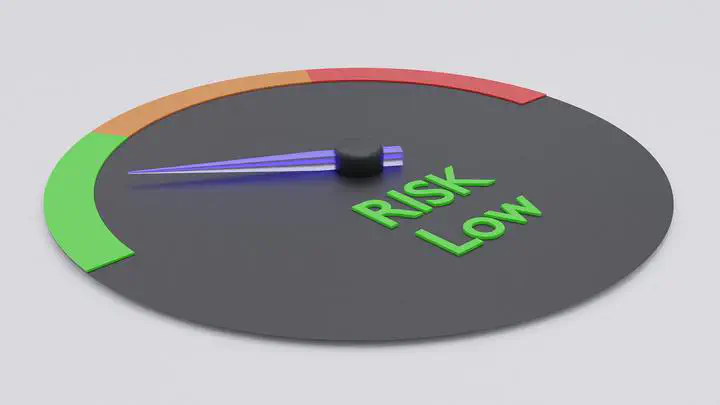Development and evaluation of a parole decision making tool (2025-2030)

Principal Investigators: Drs. Zachary Hamilton, Jennifer Tostlebe, and Alex Kigerl (with Drs. David Pyrooz and Stephen Billings)
Prisons in the United States are overcrowded. When prisons are over capacity it is challenging to effectively manage and rehabilitate prisoners before they return to their communities.
A new research project supported by Arnold Ventures seeks to reduce overcrowding in Iowa, which currently incarcerates 22% more individuals beyond it bed capacity. It has been this way since 1989.
Renee Schulte, the chair of the Iowa Board of Parole stated, “The Iowa Board of Parole is excited to partner with Arnold Ventures, University Nebraska Omaha and University of Colorado Boulder for an innovative research project that will analyze Iowa-specific data in order to develop tools to assist the Board with its mission to facilitate the successful re-entry of individuals back into their community by using evidence-based, data informed decisions. This research project will assist the Board with identifying individuals who are safe to release, thereby reducing over-incarceration and creating a safer environment for staff.”
With $889,480 in support from Arnold Ventures, researchers from the University of Nebraska Omaha and the University of Colorado Boulder are collaborating with the Iowa Board of Parole and Iowa Department of Corrections to develop and test a solution.
The Nebraska team will create the tool that will aid in parole decision making. Zachary Hamilton, the Principal Investigator of the project says, “the assessment tool will identify the lowest risk of those incarcerated, allowing the parole board to consider a larger pool of”. He is working closely with his colleagues, Drs. Jennifer Tostlebe and Alex Kigerl, to understand decision-making and how the tool can improve it.
The Colorado team will serve as independent evaluators. They will determine if the tool makes a difference and if it threatens public safety. According to David Pyrooz, who with Stephen Billings, is a Co-Principal Investigator on the study, “for many people prison does more harm than good, but decisions to release individuals must limit adverse consequences to the public.”
This five-year collaboration provides a unique opportunity to develop an evidence-based solution to prison overcrowding. Combining rigorous design, careful implementation, and robust evaluation, the researchers aim to produce a model that can be replicated in other states facing similar challenges in overcrowding.